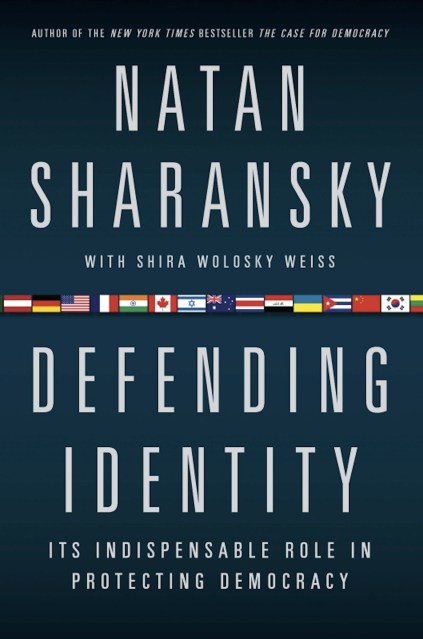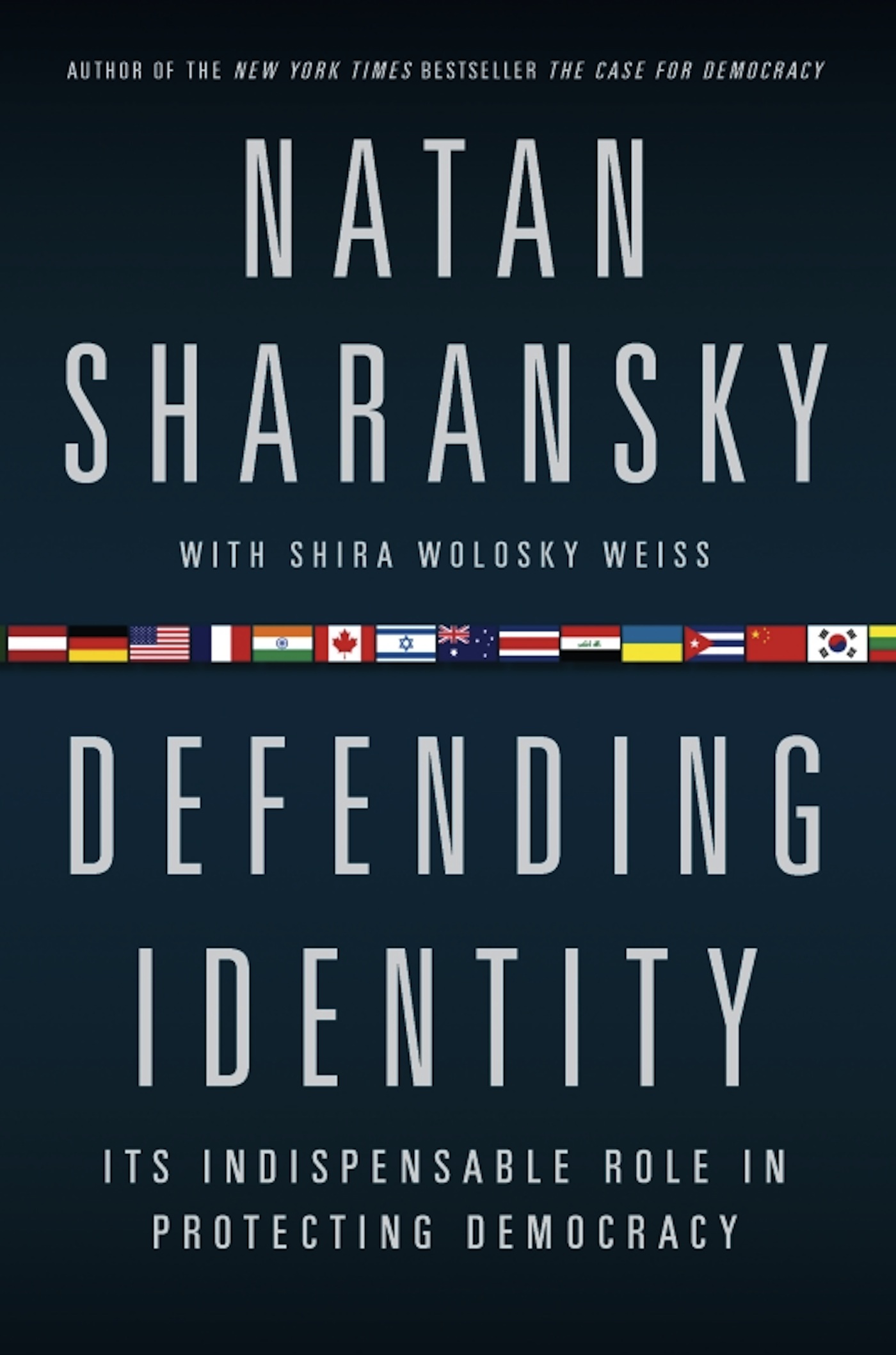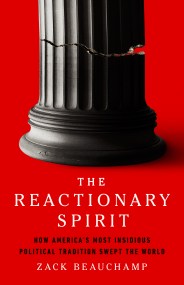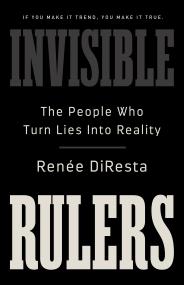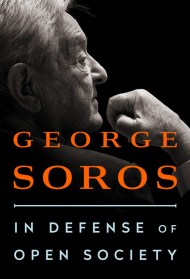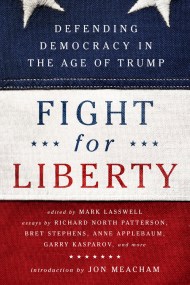By clicking “Accept,” you agree to the use of cookies and similar technologies on your device as set forth in our Cookie Policy and our Privacy Policy. Please note that certain cookies are essential for this website to function properly and do not require user consent to be deployed.
Defending Identity
Its Indispensable Role in Protecting Democracy
Contributors
Formats and Prices
- On Sale
- Jun 3, 2008
- Page Count
- 304 pages
- Publisher
- PublicAffairs
- ISBN-13
- 9781586486518
Price
$10.99Price
$13.99 CADFormat
Format:
ebook $10.99 $13.99 CADThis item is a preorder. Your payment method will be charged immediately, and the product is expected to ship on or around June 3, 2008. This date is subject to change due to shipping delays beyond our control.
Buy from Other Retailers:
Natan Sharansky, building on his personal experience as a dissident, argues that valueless cosmopolitanism, even in democracies, is dangerous. Better to have hostile identities framed by democracy than democrats indifferent to identity.
In a vigorous, insightful challenge to the left and right alike, Natan Sharansky, as he has proved repeatedly, is at the leading edge of the issues that frame our times.
Newsletter Signup
By clicking ‘Sign Up,’ I acknowledge that I have read and agree to Hachette Book Group’s Privacy Policy and Terms of Use
